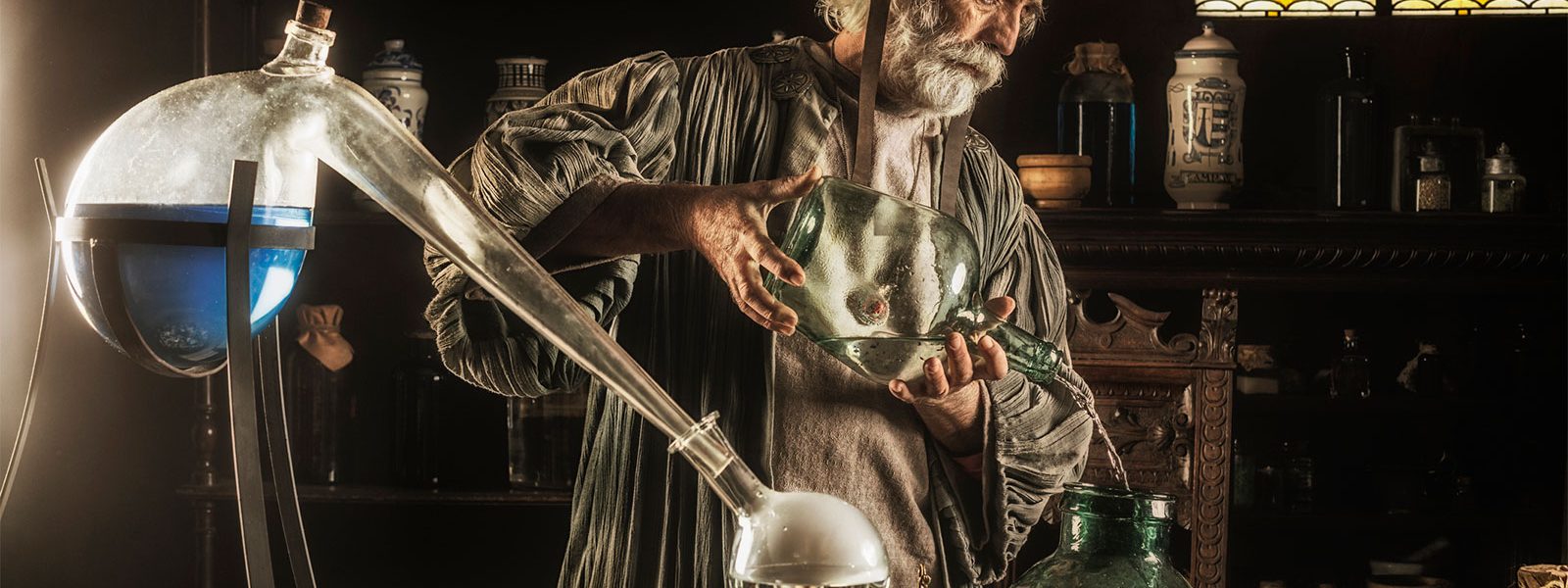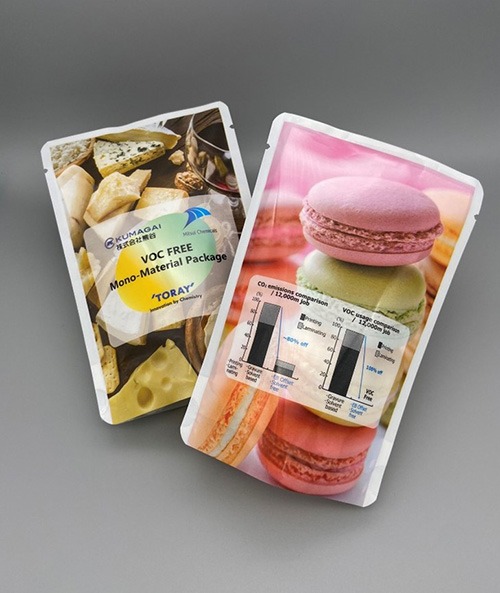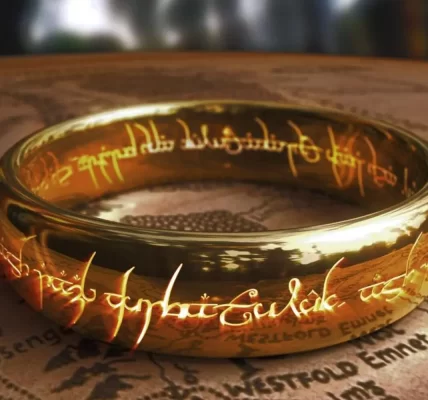Alchemy and chemistry, though distinct, share a convoluted and intertwined history. The transition from the mysticism of alchemy to the science of chemistry reveals an intriguing journey of discovery, skepticism, and enlightenment. This article traces the path from ancient alchemical practices to the establishment of modern danatoto chemistry.
1. Alchemy: The Mystical Precursor
Origins: With roots in ancient Egypt and Greece, alchemy was a blend of philosophy, mysticism, and proto-science. Its primary objectives were the transmutation of base metals into gold and the discovery of the elixir of life.
Notable Alchemists: Legendary figures like Jabir ibn Hayyan, Hermes Trismegistus, and Nicolas Flamel are often associated with alchemical texts and practices.
2. The Philosophers’ Stone: A Central Quest
Central to alchemy was the search for the Philosophers’ Stone, believed to possess powers to convert base metals into gold and grant immortality.
3. Alchemy in the Middle Ages
As alchemy spread to Europe in the medieval era, it absorbed Christian esotericism. Alchemical symbolism became intertwined with religious and philosophical notions. However, its practice was sometimes viewed with suspicion, associated with magic and heresy.
4. The Scientific Undercurrents
Despite its esoteric nature, alchemy laid the groundwork for various scientific principles:
- Experimental Methods: Alchemists’ hands-on approach to transformation processes, distillations, and sublimations set the foundation for the experimental method.
- Material Exploration: Their work on metals, minerals, and elixirs contributed to early metallurgy, medicine, and pharmacology.
5. The Shift to Chemistry
The Renaissance period marked a transformative phase. Scholars began to distance themselves from alchemy’s mystical aspects, focusing on quantifiable and reproducible results.
Notable Figures:
- Robert Boyle: Known for Boyle’s Law, he emphasized a systematic approach to experimentation, pushing for a clear distinction between alchemy and chemistry.
- Antoine Lavoisier: Often dubbed the ‘Father of Modern Chemistry’, he established the Law of Conservation of Mass and laid foundations for chemical nomenclature.
6. The Birth of Modern Chemistry
The 18th century saw the demystification of several alchemical concepts:
- Chemical Elements: The understanding of elements as fundamental substances replaced the classical “earth, water, air, fire” concept.
- Chemical Reactions: Processes were now understood in terms of reactants producing specific products, paving the way for stoichiometry.
7. Legacy of Alchemy in Modern Chemistry
While modern chemistry has long parted ways with alchemical mysticism, its legacy persists:
- Symbolism: Alchemical symbols and terms, like “elixir” and “tincture”, occasionally find their way into modern scientific lexicon.
- Holistic Approach: Alchemy’s holistic approach to understanding matter and spirit has parallels in current interdisciplinary sciences.
8. Conclusion
From the arcane practices of ancient alchemists to the systematic methodologies of modern chemists, the journey from alchemy to chemistry underscores humanity’s quest for understanding the universe’s material essence. It’s a tale of evolution, from mysticism to empiricism, and stands testament to mankind’s insatiable curiosity.











